Bruxism is the medical term for the unconscious clenching or grinding of the teeth. People with this condition may find themselves involuntarily clenching their jaws or they may grind their teeth during sleep. Mild bruxism doesn’t usually present a big problem but if the condition is frequent and severe enough, other issues can surface. These include headaches and dental problems. Moreover, sleep bruxism can be a sign that other sleep-related disorders are present. Below are some dietary suggestions for those dealing with teeth grinding.
Food & Nutrition Diet (Meal Plan) for Bruxism / Teeth Grinding
#1 Recommended Breakfast Diet for Bruxism
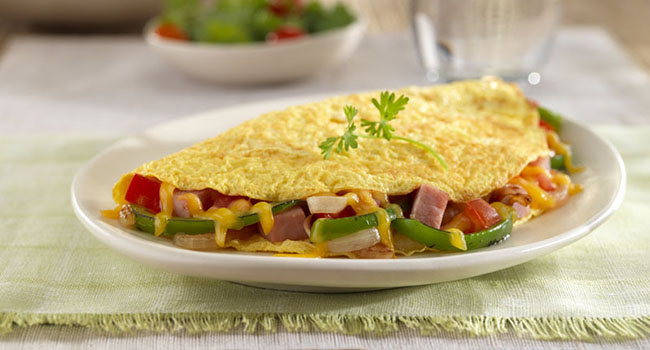
Regular teeth grinding can be a result of built-up stress or anxiety so it can help if a person eats foods that promote relaxation. Inflammatory foods aren’t likely to keep a person calm as processed foods and added sugars contribute to a wide range of medical conditions such as high blood pressure, high cholesterol, and diabetes. When it comes to breakfast, it’s best to start out with a meal that will provide energy but not a crash shortly afterward. Oats are one option and so is a smoothie. Both foods are easy to chew and swallow so they won’t put any extra pressure on the jaw or teeth. A veggie omelet is a savory choice for those who want a more substantial breakfast.
#2 Recommended Lunch Diet for Bruxism

Green and orange vegetables are known to be soothing so they’re a great place to start when building a healthy lunch for people with bruxism. Patients may want to consider adding leafy greens to their midday meals for the relaxing properties as well as the health benefits. For instance, kale, spinach, and Swiss chard make a great salad base. Celery, broccoli, scallions, and green beans are other delicious examples. Green bell peppers are suitable for a variety of dishes, both raw and cooked. Whole grains provide a ton of nutrients so why not try a sandwich made with whole-grain bread and tuna? The tuna will supplement some much-needed magnesium too.
#3 Recommended Dinner Diet for Bruxism
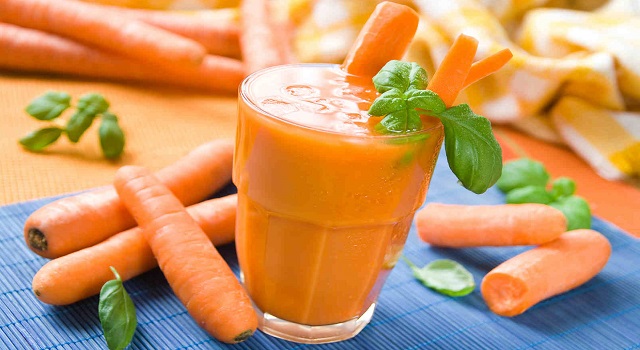
How about adding some orange veggies to the mix for dinner? Bell peppers, carrots, pumpkin, squash, and sweet potato are some easy-to-find vegetables. Try roasting them with some olive oil and herbs for a simple supper. Magnesium is a crucial mineral, especially for people with bruxism. Some food sources of magnesium include whole grains and legumes. The evening meal should include foods that are easy on the digestive system. A person is much more likely to have disrupted sleep if his or her belly is full of sugar and fried foods. Whole grains, lean protein, and veggies should do the trick.
#4 Recommended Snack Diet for Bruxism

When people regularly grind their teeth, their mouths might become quite sensitive. This can make eating and drinking much more difficult and even painful. Some snack options that are easy on sensitive teeth include yogurt, bananas, and oranges. Yogurt provides calcium that teeth need to stay strong while bananas and oranges contain potassium, which also contributes to oral health. If patients can eat whole fruit without pain, then they should! Not only is fruit healthy but it contains a lot of water, which dilutes the effects of sugar on the enamel. Fruit also stimulates saliva production and saliva helps to prevent tooth decay, which can make bruxism worse.
#5 Recommended Drinks for Bruxism
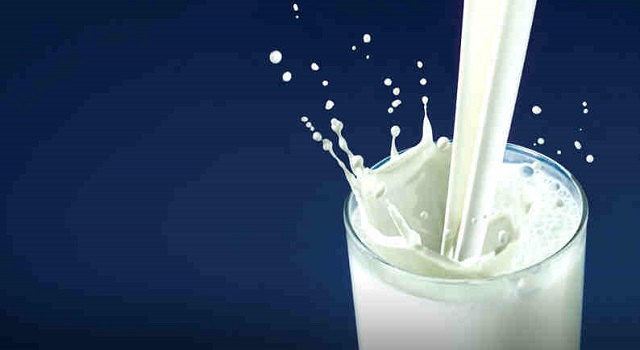
Herbal teas can help people calm their worries and anxieties, which may lower their chances of involuntarily grinding their teeth. Some delicious herbal teas that are great for bedtime include chamomile and lavender. Milk can be a viable option for some people as it contains calcium that can strengthen teeth. Smoothies are worth mentioning because they can pack a lot of nutrients into a meal that is easy to drink.
#6 Recommended Herbs for Bruxism
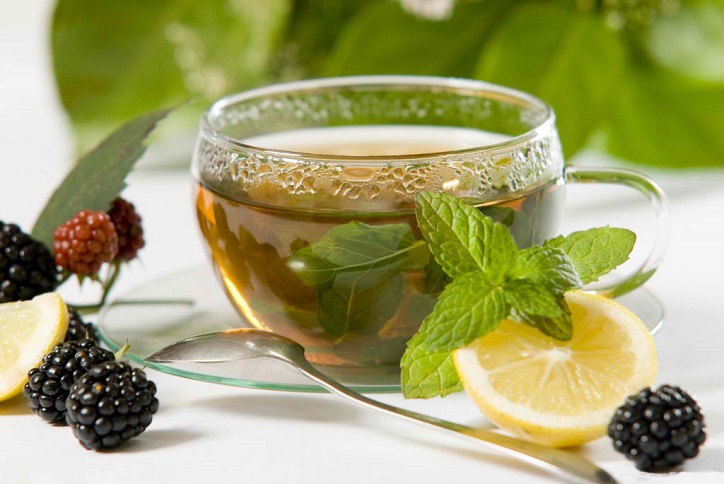
Parsley root has calming properties so it’s a great herb to include in dishes or even as an herbal tea. Besides chamomile and lavender, valerian root is an herb with super-soothing qualities. It makes for a fine diffused essential oil. Other anti-stress oils include bergamot, bamboo, rose, and ylang-ylang.
#7 Recommended Fruits for Bruxism
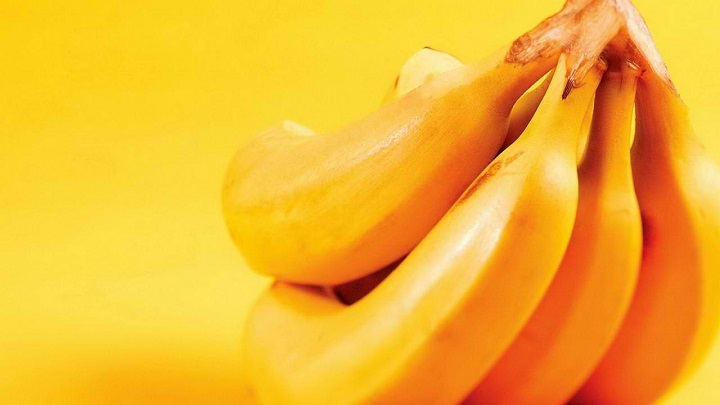
All fruits are worth trying for people with bruxism because of their ability to cleanse tooth enamel. That being said, oranges and bananas are the superstars because they contain potassium and phosphorus and also produce more calming effects than other fruits.
#8 Recommended Vitamin/s for Bruxism

It turns out that vitamin and mineral deficiencies can play a role in the development and exacerbation of teeth grinding. Vitamin B5 can reduce teeth grinding while decreasing stress and anxiety, two common risk factors for bruxism. A deficiency in any of the B vitamins can lead to stress and even panic. Vitamin C helps to cut down on teeth grinding. Vitamin D is necessary for the body to absorb calcium and magnesium so it’s a solid vitamin to have on the daily.
#9 Recommended Mineral/s for Bruxism

Doctors have discovered that magnesium deficiency can lead to teeth grinding. Most adults should get about 100mg of this mineral daily. If they can’t get it through food alone, they might need to take a supplement. Phosphorus is another mineral that can be depleted as enamel wears off of teeth. Cheese, chicken, and milk are good sources of phosphorus. Calcium supports bone and teeth health and it benefits neural development. A lack of potassium can lead to bruxism.
#10 Discouraged Foods for Bruxism

People with bruxism will obviously want to avoid alcohol and caffeine before bed in order to ensure a restful night’s sleep. They should also stay away from other beverages and foods that contain caffeine, such as chocolate, soda, and energy drinks. It’s best for patients to avoid foods that require a ton of chewing or that are hard on the jaw muscles. This includes candy, gum, and fatty meats. Nuts may also be difficult for people with bruxism to eat but they contain many essential vitamins and minerals. If a person can tolerate them, they’re an excellent supplement. Given that one in three people grinds his or her teeth on a regular basis, people with bruxism should know that they’re not alone and they should share these tips!
- READ MORE




